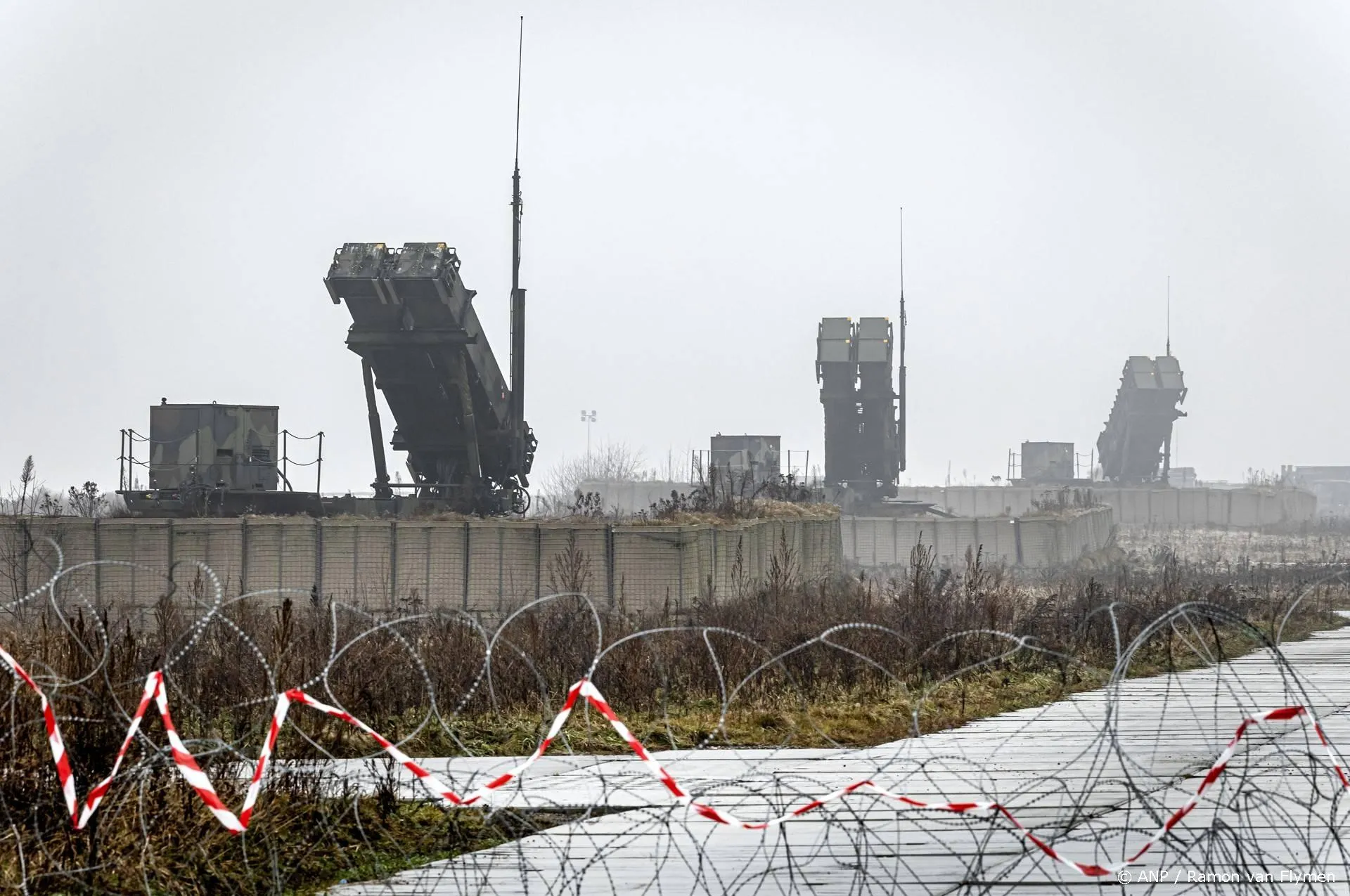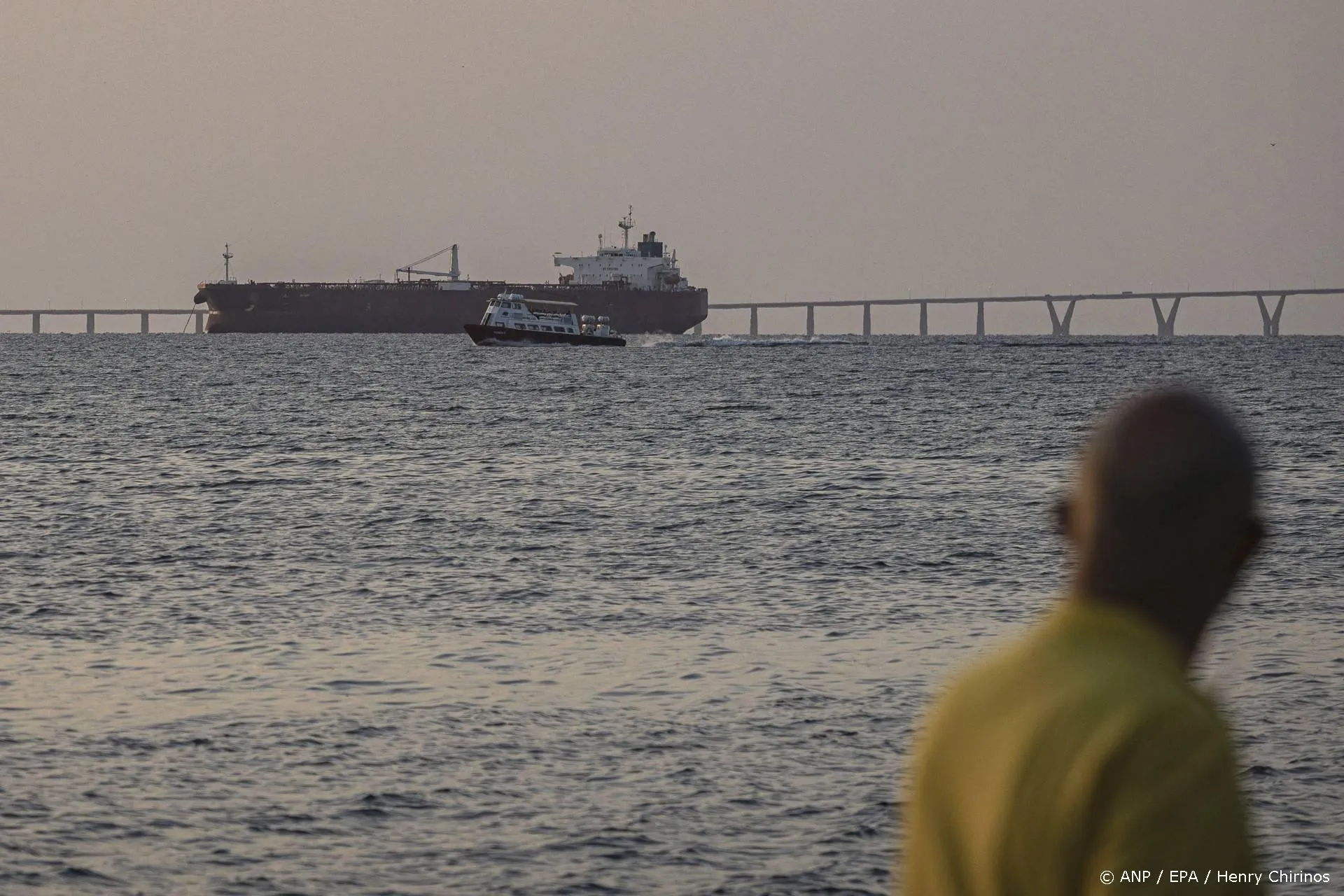Boegbeelden milieubeleid niet meer politiek onaantastbaar
Eerder rapporteerde ik over het ontslag van de Britse minister voor energie en klimaatverandering, Chris Huhne. (Zie hier en hier.)
Dat was een ontslag om de verkeerde redenen. Geknoei in de privésfeer met strafpunten wegens verkeersovertredingen werd hem fataal. Zijn desastreuze beleid bleef buiten beeld.
Er hangt een aura van nobelheid rond milieuministers. Zijn behoren tot de 'great and the good'. Immers, wat zou er van ons terecht komen indien zij niet onvermoeibaar hun titanenstrijd zouden voeren om de wereld van de apocalyptische opwarming (die nog steeds niet wil komen) te redden.
Chris Huhne was het type van: Minder windmolens en/of zonnecellen? Over mijn lijk! Nu hij is heengegaan om elders nieuwe uitdagingen te zoeken, is een belangrijk obstakel uit de weg geruimd om het Britse energiebeleid te stoelen op rationele overwegingen in plaats van klimaathysterie.
Maar verrassing, verrassing nu heeft ook milieuminister Norbert Röttgen in Duitsland het veld moeten ruimen. Hij zou verantwoordelijk zijn geweest voor het verlies van de Christen-Democraten in Noordrijn-Westfalen. Maar het is nog maar de vraag of dit de ware reden was.
Onder de titel, 'What Is Behind The Fall Of Germanys Eco-Minister?' schreef Peter Heller, voor 'Wissenschaft kritisch hinterfragt':
Norbert Röttgen is a lawyer. That is not without advantages, especially if one is engaged as a politician in matters of legislation. To have no technical knowledge, however, is a disadvantage if political intentions cast as legislation do not take physical conditions into account. And when it comes to technology, our politicians fail regularly over these conditions. This has been proven again today. Röttgen was - until a few hours ago - the face of Germanys green energy transition. He aligned himself with a goal, which can be stated politically, but which cannot be reached technically. His sacking was therefore inevitable. He is the first political victim of the green energy transition - he will almost certainly not be the last. ...
For the Chancellor, the green energy transition is probably not something that she does out of conviction. She has just - as so often adopted a policy in order to neutralize it, to give her opponents no point of attack, no room for distinction and no potential for mobilization. As part of this political tactic, she initially scheduled the nuclear phase-out for 2040, far enough into the future in order not to do anything significant today. After Fukushima, however, she brought the date forward by 18 years, not for technical reasons, but solely in order to maintain power. So she closed down a couple of old, inefficient plants so that folks did not start demonstrating and voting for the Green Party. What she needed was a minister who followed this plan in a way that was politically communicable but would not lead to major upheavals in practice.
What she got was a man of conviction. No mechanic of power. She got someone who was apparently deeply convinced not only of the need but also of the possibility of a switch to renewable energy sources combined with significant energy savings. Someone who actually thought this would be good for the industrialized nation Germany. Someone who actually actively tried to push the green energy revolution instead of just sitting it out and remove it from the headlines. And then when it mattered, someone who failed to bridge the gap between his own convictions and the will to power. Someone who, as environment minister, fell prey to populism and wanted to increase the commuter subsidy and cut the solar subsidies. Which destroyed his authenticity and enabled the enemy to go for new attacks.
Zijn opvolger is Peter Altmaier, ook een jurist. Zal dat wèl goed gaan? In Energie Experten werd daarover het volgende bericht:
Consequently, she [Merkel] has now appointed Peter Altmaier. He is also a lawyer; just as Röttgen. He is also someone who does not know terms like power line frequency or voltage stability; someone who may think that because a torch works with batteries, this must also apply for an aluminium smelter. Nevertheless, he is a politician of her stable, a confidant, a mechanic of power, just as she is. Someone who understands Merkel's tactics because he has partly designed them himself.
The designated successor, Peter Altmaier, however, does not necessarily promise to be an improvement. While Röttgen, although often too hesitantly, promoted renewable energy and the nuclear phase-out, the political career of Peter Altmaier speaks for a different language. According to the website MPs Watch (abgeordnetenwatch.de), Peter Altmaier has clearly positioned himself in the green energy transition:
Life extension of nuclear power plants: Yes
Levy on profits from nuclear plant life extension: yes
Faster reduction of the green feed-in subsidy: Yes
Reductions in solar subsidies: Yes
Immediate shutdown of old nuclear power plants: No
Levy on profits from nuclear plant life extension: yes
Faster reduction of the green feed-in subsidy: Yes
Reductions in solar subsidies: Yes
Immediate shutdown of old nuclear power plants: No
One can only hope that Peter Altmaier becomes aware of the importance of his office and will wield his political power in the interest of all citizens and the green energy transformation.
Lees verder hier.
De auteur van dit laatste artikel heeft het kennelijk nog niet goed begrepen en heeft nog steeds niet in de gaten dat het belang van de burgers en de groene Energiewende niet met elkaar zijn te rijmen. Die hele Energiewende is trouwens een onzalig idee, dat alleen maar kan worden verklaard omdat de politiek in de greep is geraakt van de klimaathysterie. En als de Duitsers ergens hysterisch over worden, is het oppassen geblazen.
Als Altmaier echter de ruimte krijgt om zijn plannen uit te voeren, is dat goed nieuws - niet alleen voor de Duitsers maar ook voor buurlanden als Nederland.
Ga verder met lezen
Dit vind je misschien ook leuk
Laat mensen jouw mening weten
Lees ook
Loading


